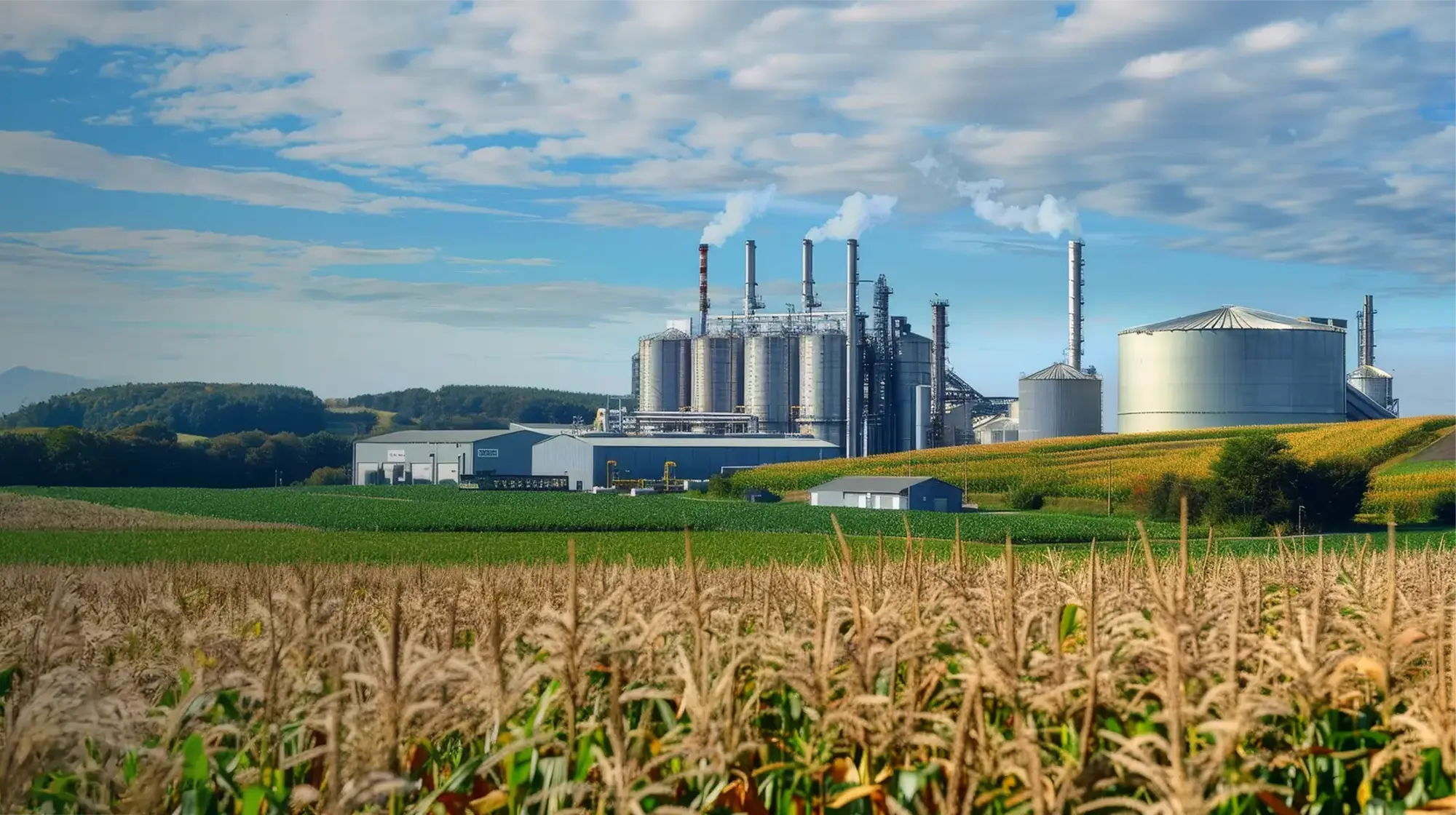Reports related to this article:
Project(s): View 4 related projects in PECWeb
Plant(s): View 4 related plants in PECWeb
Released April 10, 2019 | GALWAY, IRELAND
en
Written by Martin Lynch, European News Editor for Industrial Info (Galway, Ireland)--Germany's government has proposed legislation to make it easier for companies to invest in new liquefied natural gas (LNG) facilities as it seeks to diversify its gas supplies.
The new legislation removes the current requirement that investors in LNG facilities also must pay for the pipeline connecting the LNG import terminal to the national gas transmission network. This has proved unattractive to investors, and Germany is determined to kick-start its first major LNG projects. Under the new legislation, the network operator, not the project company, will have to fund the bulk of the costs related to connecting the terminal to the transmission network. The government claimed that the construction and maintenance costs will have to be borne over time by consumers, but that the rise in service costs will be negligible. Germany lags behind many other major European counterparts when it comes to diversifying and securing its gas supplies using LNG.
Last November, Industrial Info reported that Germany's government was willing to financially support construction of the country's first large-scale LNG terminal. Media reports have stated that the government is willing to co-finance the construction of a 500 million-euro ($575 million) LNG terminal in northern Germany. Industrial Info is tracking all of the major planned LNG projects in Germany, including those announced for Stade, Brunsbuettel, Wilhelmshaven and Rostock. For additional information, see November 7, 2018, article - Germany Will Co-Finance First Large LNG Terminal.
"It is important for the supply security of gas in Germany to be able to use as many supply routes and sources as possible," Economy Minister Peter Altmaier said in a statement announcing the changes in legislation. "We are removing hindrances to private sector investments in the construction of LNG import terminals, and we are strengthening competition between different gas imports."
Germany gets most of its gas from Russia, Norway and the Netherlands and will receive more Russian gas via the Nord Stream 2 pipeline, which is under construction. Gas supplies around 25% of the country's energy, with most of that coming from imports. Germany, like many in the European Union, is working to reduce the region's dependence on Russian gas. Planned LNG terminals would open up new supply sources such as Qatar and the U.S.
Industrial Info Resources (IIR), with global headquarters in Sugar Land, Texas, six offices in North America and 12 international offices, is the leading provider of global market intelligence specializing in the industrial process, heavy manufacturing and energy markets. Our European headquarters are located in Galway, Ireland. Follow IIR Europe on: Facebook - Twitter - LinkedIn For more information on our European coverage send inquiries to info@industrialinfo.eu or visit us online at Industrial Info Europe.
The new legislation removes the current requirement that investors in LNG facilities also must pay for the pipeline connecting the LNG import terminal to the national gas transmission network. This has proved unattractive to investors, and Germany is determined to kick-start its first major LNG projects. Under the new legislation, the network operator, not the project company, will have to fund the bulk of the costs related to connecting the terminal to the transmission network. The government claimed that the construction and maintenance costs will have to be borne over time by consumers, but that the rise in service costs will be negligible. Germany lags behind many other major European counterparts when it comes to diversifying and securing its gas supplies using LNG.
Last November, Industrial Info reported that Germany's government was willing to financially support construction of the country's first large-scale LNG terminal. Media reports have stated that the government is willing to co-finance the construction of a 500 million-euro ($575 million) LNG terminal in northern Germany. Industrial Info is tracking all of the major planned LNG projects in Germany, including those announced for Stade, Brunsbuettel, Wilhelmshaven and Rostock. For additional information, see November 7, 2018, article - Germany Will Co-Finance First Large LNG Terminal.
"It is important for the supply security of gas in Germany to be able to use as many supply routes and sources as possible," Economy Minister Peter Altmaier said in a statement announcing the changes in legislation. "We are removing hindrances to private sector investments in the construction of LNG import terminals, and we are strengthening competition between different gas imports."
Germany gets most of its gas from Russia, Norway and the Netherlands and will receive more Russian gas via the Nord Stream 2 pipeline, which is under construction. Gas supplies around 25% of the country's energy, with most of that coming from imports. Germany, like many in the European Union, is working to reduce the region's dependence on Russian gas. Planned LNG terminals would open up new supply sources such as Qatar and the U.S.
Industrial Info Resources (IIR), with global headquarters in Sugar Land, Texas, six offices in North America and 12 international offices, is the leading provider of global market intelligence specializing in the industrial process, heavy manufacturing and energy markets. Our European headquarters are located in Galway, Ireland. Follow IIR Europe on: Facebook - Twitter - LinkedIn For more information on our European coverage send inquiries to info@industrialinfo.eu or visit us online at Industrial Info Europe.


